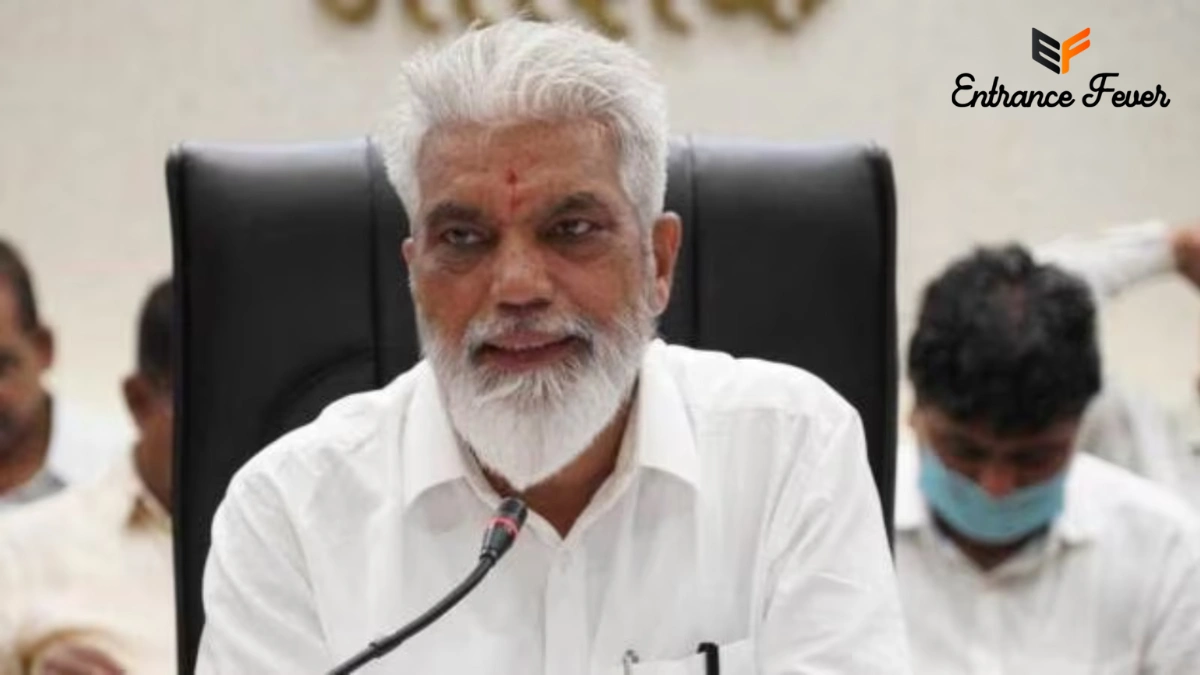Maharashtra’s School Education Minister, Dada Bhuse, has confirmed that the state will adopt the CBSE curriculum up to Class 12 by 2028. Addressing both houses of the state legislature, Minister Bhuse announced that the state will begin implementing the CBSE curriculum for Class 1 in 2025, expanding it progressively across all grades through 2028.
Following public confusion regarding the rollout, the Maharashtra School Education Department issued a clarification. Minister Bhuse assured that the Maharashtra State Board of Secondary and Higher Secondary Education (MSBSHSE) will remain operational and will not be replaced. However, the board will adopt CBSE’s assessment methodology, recognized for its holistic and student-centric approach.
Maharashtra has designed its school curriculum framework in alignment with the National Curriculum Framework (NCF), integrating state-specific educational and socio-cultural contexts. The revised curriculum aims to deliver a positive and inclusive learning experience tailored to Maharashtra’s unique student demographic.
Textbook and Curriculum Rollout Timeline
The Maharashtra State Bureau of Textbook Production and Curriculum Research (Balbharati) has taken charge of developing the new textbooks by reviewing and aligning them with NCERT content. The state will introduce the revised curriculum and textbooks in the following phases:
- 2025 – Class 1
- 2026 – Classes 2, 3, 4, and 6
- 2027 – Classes 5, 7, 9, and 11
- 2028 – Classes 8, 10, and 12
Assessment and Examination Reforms
Aligning with the National Education Policy (NEP) 2020, Maharashtra is transitioning from rote memorization to conceptual, skill-based, and competency-driven assessment. The Maharashtra State Board will restructure its examination patterns under CBSE’s evaluation system, promoting deeper understanding and practical application of knowledge.
The curriculum development process involved extensive consultation with subject experts and educators. The government made draft versions publicly available via the SCERT website, incorporated public feedback, and finalized the framework with approval from the state-level steering committee on September 9, 2024.
Key Benefits of CBSE’s Assessment System
The integration of CBSE’s evaluation practices is expected to deliver the following benefits:
- Concept-Based Learning: Prioritizes understanding over memorization.
- Continuous and Comprehensive Evaluation (CCE): Facilitates regular tracking of student progress.
- Enhanced Exam Readiness: Supports preparation for competitive exams such as JEE, NEET, and UPSC.
- Skill Development: Encourages creativity, leadership, and emotional resilience.
Infrastructure and Teacher Training
To support the implementation, the Maharashtra government is upgrading school infrastructure, including sanitation facilities, classrooms, and digital tools. Concurrently, the state is conducting comprehensive teacher training programs and recruiting qualified educators to handle the new curriculum effectively.
Understanding the unique challenges of rural education, the government has launched special initiatives to ensure a seamless transition. The “Nipun Maharashtra” programme, for instance, focuses on enhancing digital literacy and promoting skill-based education among students in underserved regions.
